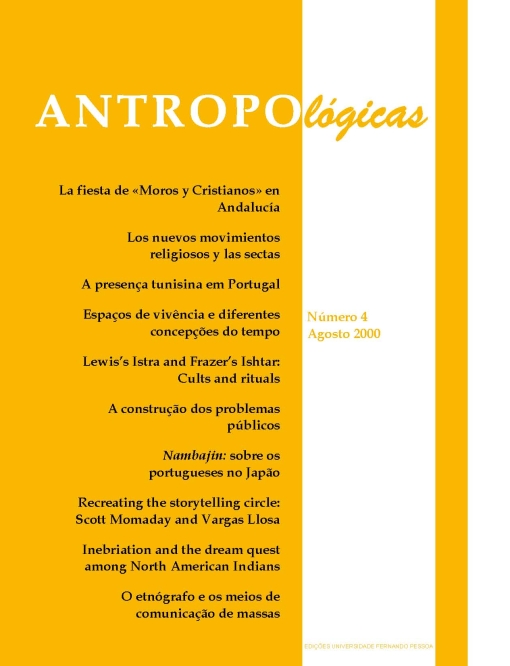Nambanjin: sobre os portugueses no Japão
Abstract
The encounters between the Portuguese and the Japanese in the sixteenth century played an important role in the history of Japan. The Portuguese established trade relations between the two countries, introduced Christianity into Japan and, by being the first contact of the Japanese with a different culture, constituted the Other against whomthe Japanese identity took shape. Beginning with a historical overview, based on an analysis of textbooks used in Japanese schools and on interviews conducted in Japan, this article examines what the contemporary Japanese learn about the Portuguese and how they are taught to perceive them. The main conclusion is that the Portuguese, trade and Christianity are seen as being closely associated, just as in fact they were in the past.Downloads
Issue
Section
Shorter Article
License
Copyright Notice
Authors who publish in this journal comply to the following terms:
- Authors retain copyright and grant the magazine right of first publication, with the work simultaneously licensed under a Creative Commons Attribution license that allows the sharing of work and recognition of authorship and first publication in this journal.
- Authors are authorized to take additional contracts separately for non-exclusive distribution of the work published in this journal version (ex.: publish in an institutional repository or as a chapter of a book), with recognition of authorship and first publication in this journal.
- Authors are allowed and encouraged to publish and distribute their work online (e.g., in institutional repositories or on their personal page) at any point before or during the editorial process, as it can generate fruitful changes, as well as increase the impact and citation of the published work (see The effect of open access). [link to http: opcit.eprints.orgoacitation-biblio.html]


